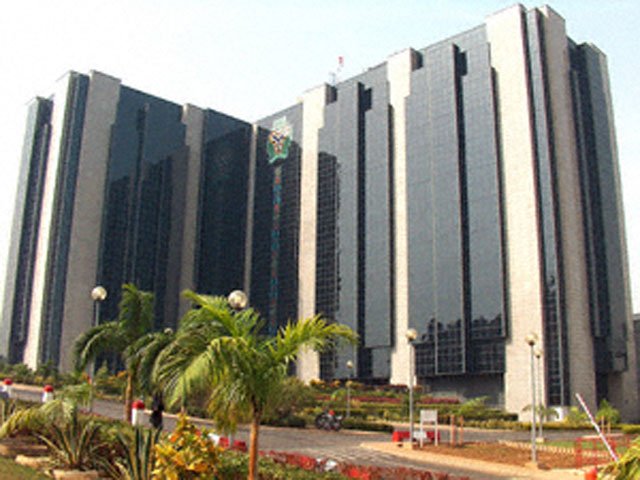The Central Bank of Nigeria (CBN), on Thursday published guidelines for its Real Sector Support Facility (RSSDF), a pool of funds comprising the Cash Reserve Requirement (CRR) kept in its vault by deposit money banks in the country.
Under the guideline released by the CBN’s Development Finance Department, banks may facilitate as much as N10bn to any company in economic growth stimulating and job creating sectors such agriculture and manufacturing, at a minimum tenor of seven years for facilities under the Differentiated Cash Reserves Requirement (DCRR) regime.
The DCRR allows banks to request the CBN to release funds from their CRR to finance new (greenfield), as well as expansion (brownfield) projects in the real sector. Such banks must however provide verifiable evidence that such funds shall be directed at the CBN approved projects.
Unlike in the present situation where the CRR was warehoused at zero interest rate with the CBN, the owner banks can now earn an all-inclusive 9% interest rate per annum.
To discourage the activities of serial debtors, the CBN requires that while the banks shall bear the credit risk of such, the facilities must not be enjoyed by borrowers (an entity incorporated in Nigeria under the Companies & Allied Matters Act of 1990) with “a non-performing facility with any financial institution.”
Giving further clarifications on the guidelines on Thursday, August 23, 2018, acting Director of Corporate Communications at the CBN, Isaac Okorafor, expressed hope for increased flow of credit to the real sector of the economy as deposit money banks (DMBs) are incentivized to direct affordable, long-term bank credit to the manufacturing, agriculture, as well as other sectors considered as employment and growth stimulating.
Okorafor also noted that such target companies would be required to publish an Information Memorandum, spelling out the details of the projects for which the funds are required together with terms and conditions showing that these are long term projects that are employment-elastic and growth stimulating.
The CBN, he continued, had put in place a programme under the Differentiated Cash Reserves Requirement (DCRR) Regime whereby DMBs interested in providing Credit Financing to greenfield (new) and brownfield (expansion) projects in the real sector (Agriculture and Manufacturing) could request for the release of funds from their CRR to finance the projects; subject to DMBs providing verifiable evidence that the funds shall be directed at the approved projects by the CBN.
He called for a total compliance with the guidelines by stakeholders and also highlighted the eligibility criteria for participation in the facility/CP programme, as well as the responsibilities of the stakeholders; just as he reiterated the CBN’s determination towards the encouragement of projects that will further enhance Nigeria’s import substitution strategies.
Trending Today
Menu








